In 1945, slightly two years into Raymond Chandler’s occupation as a screenwriter, the person whose hard-boiled untruth did a lot to produce movie noir into an artwork mode had already wearied of town and its remedy of writers.
“Hollywood is a showman’s paradise. But showmen make nothing; they exploit what someone else has made,” he wrote in an acerbic essay printed within the Atlantic.
In barbed zinger nearest zinger, the person who gave us personal investigator Philip Marlowe described Hollywood as a cauldron of “egos,” “credit stealing” and “self-promotion” the place scribes had been ruthlessly disregarded, marginalized and stripped of admire; toiling on the oblivion of manufacturers, a few of whom, he wrote, had “the artistic integrity of slot machines and the manners of a floorwalker with delusions of grandeur.”
Just about 80 years nearest Chandler excoriated the business, a unutilized while of scribes says that no longer a lot has modified and has taken to the wood strains to denounce the pileup of indignities.
Lengthy unappreciated, writers for the display heavy and petite whinge this month round that they’re not merely undervalued however underpaid too. Within the day of Height TV and the stand of tough disruptors like Netflix and Amazon, they are saying income have ballooned for the studios and their executives who’ve reaped billions, week they’ve been streamrolled — subjected to worsening running situations and disadvantaged of a sustainable dwelling.
Chandler would possibly as smartly were the subject of nowadays when he referred to as Hollywood a park the place degradations, such because the “incessant bone-scraping revisions imposed on the Hollywood writer by the process of the rule of decree,” had been regimen — and the place a screenwriter’s billing “will be smaller than that of the most insignificant bit-player.”
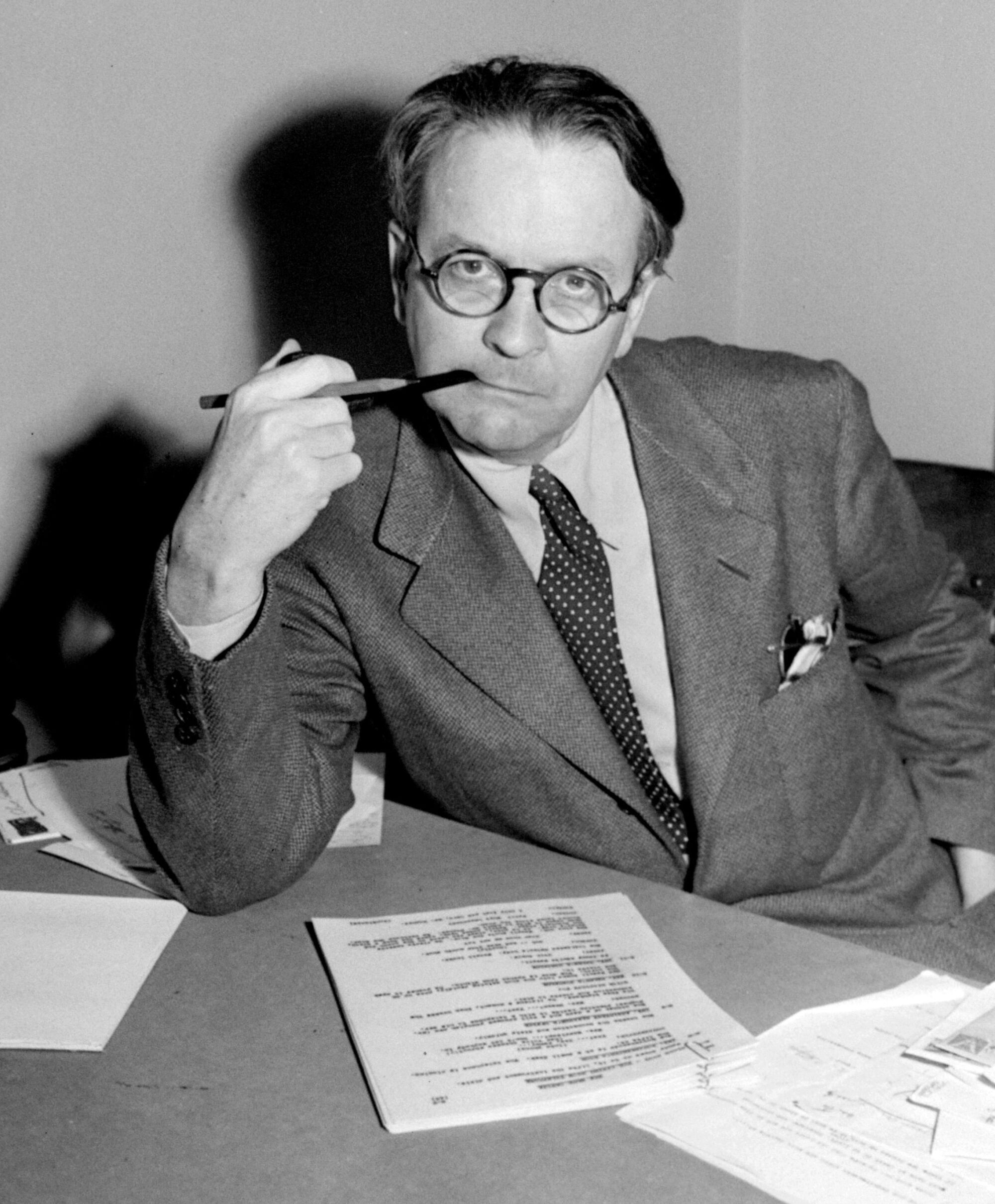
Groundbreaking detective novelist and screenwriter Raymond Chandler, proven in 1946.
(Related Press)
Chandler concluded that such embarrassments had been through design, “a deliberate and successful plan to reduce the professional screenwriter to the status of an assistant picture-maker, superficially deferred to (while he is in the room), essentially ignored, and even in his most brilliant achievements carefully pushed out of the way of any possible accolade which might otherwise fall to the star, the producer, the director.”
In some ways, the unutilized battle is in regards to the worn battle, and that has all the time been about admire.
“These struggles have been going on for over a century,” mentioned USC historical past tutor Steven J. Ross, who identified that screenwriters first arranged within the 1910s.
Right through Hollywood’s yellowish presen of the Nineteen Thirties and Forties, when moviemaking operated underneath the studio gadget, the moguls who dominated over the business exhibited minute admire for writers or the writing procedure.
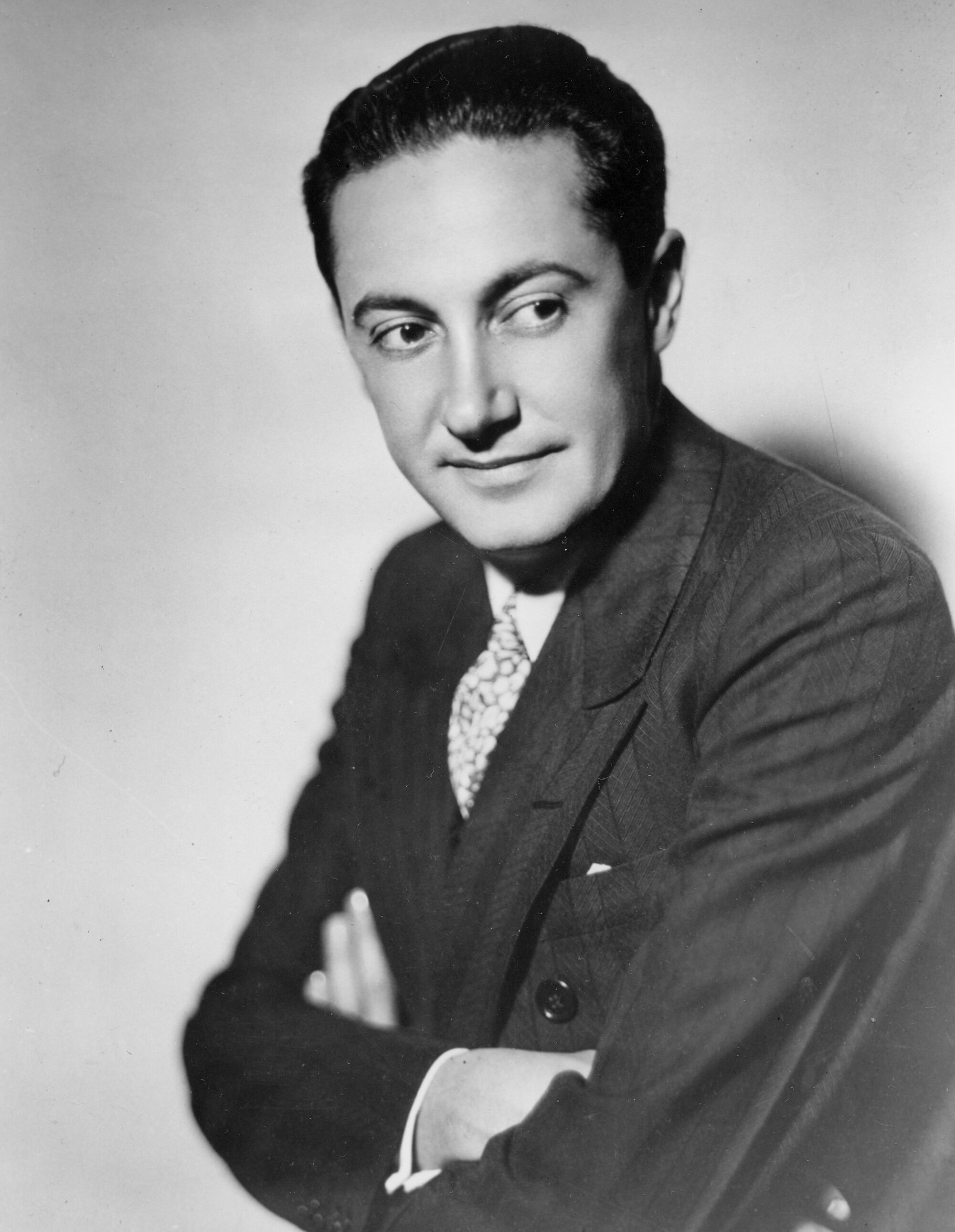
MGM studio honcho Irving Thalberg.
(Related Press)
Irving Thalberg, who together with Louis B. Mayer helped produce MGM, as soon as famously remarked: “What’s all this business about being a writer? It’s just putting one word after another.’’
Thalberg took the dim view that writers were much like factory workers. Indeed, Thalberg is largely credited with establishing the assembly-line method of screenwriting.
As novelist-turned-screenwriter P.G. Wodehouse groused in a letter to a friend in 1930, “So far, I have had eight collaborators. The system is that A. gets the original idea, B. comes in to work with him on it, C. makes a scenario, D. does preliminary dialogue, and then they send for me to insert Class and what-not. Then E. and F., scenario writers, alter the plot and off we go again.”
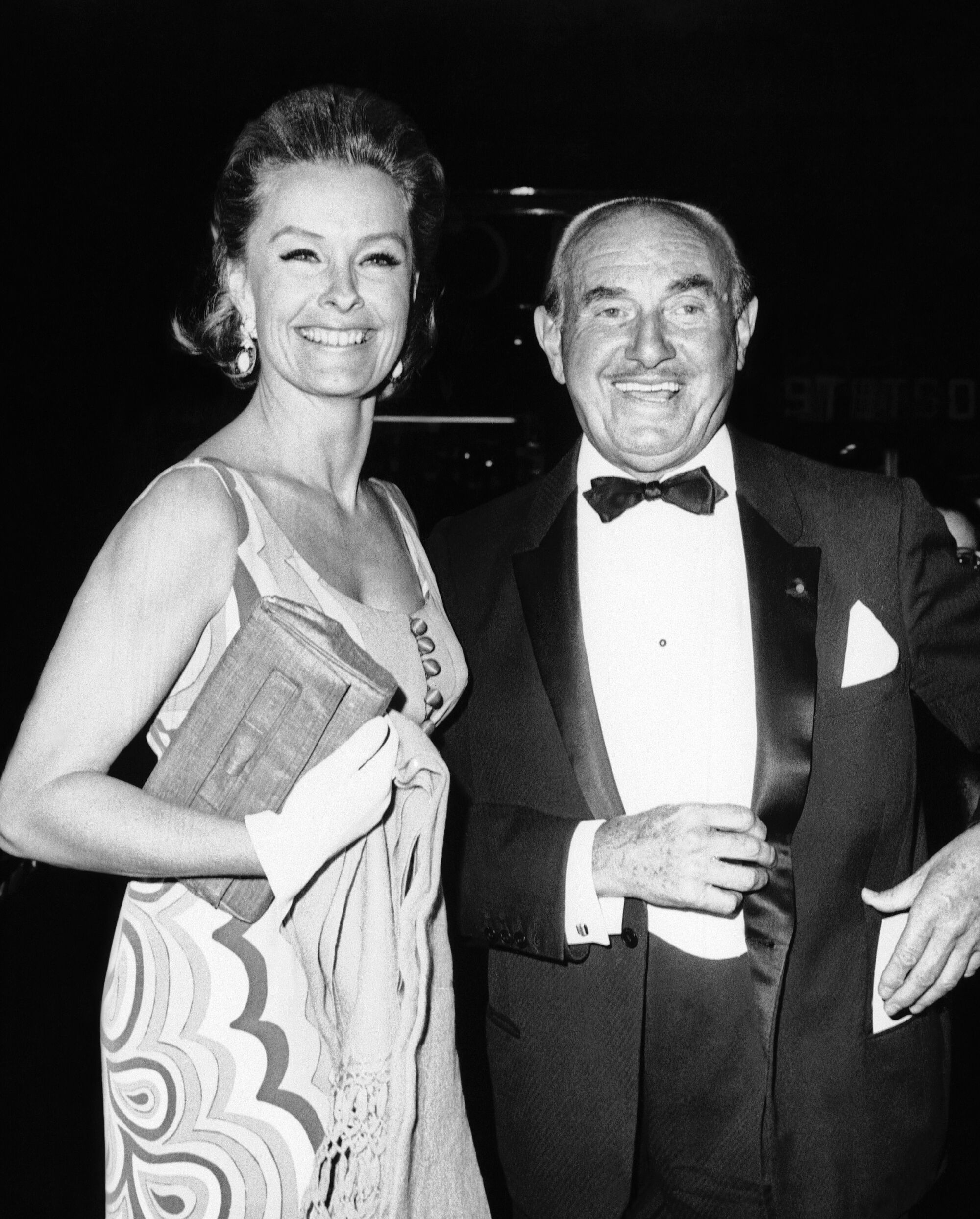
Warner Bros. wealthy person Jack L. Warner with Dina Merrill in 1966.
(Related Press)
Nevertheless it was once Warner Bros. studio honcho Jack L. Warner who possibly highest summed up the lowly condition of writers, calling them: “schmucks with Underwoods.”
(For the ones unfamiliar with Underwoods, they had been as soon as a important logo of typewriter. For the ones unacquainted with a typewriter, it was once as soon as a widespread device for writing on paper. And for the ones no longer versed in Yiddish, a schmuck is a idiot.)
All of the similar, on the break of day of the “talkies,” the studios had been longing for skill to offer discussion but in addition status. They wooed essentially the most acclaimed Broadway playwrights, authors and newshounds of the future to move out west. They usually got here: Dorothy Parker, George S. Kaufman, Christopher Isherwood, James Agee, Aldous Huxley and Clifford Odets, to call a couple of. As screenwriters they may produce the type of cash that their novels, performs and articles didn’t.
However they too seemed i’m sick upon the business and heaped scorn upon the paintings.
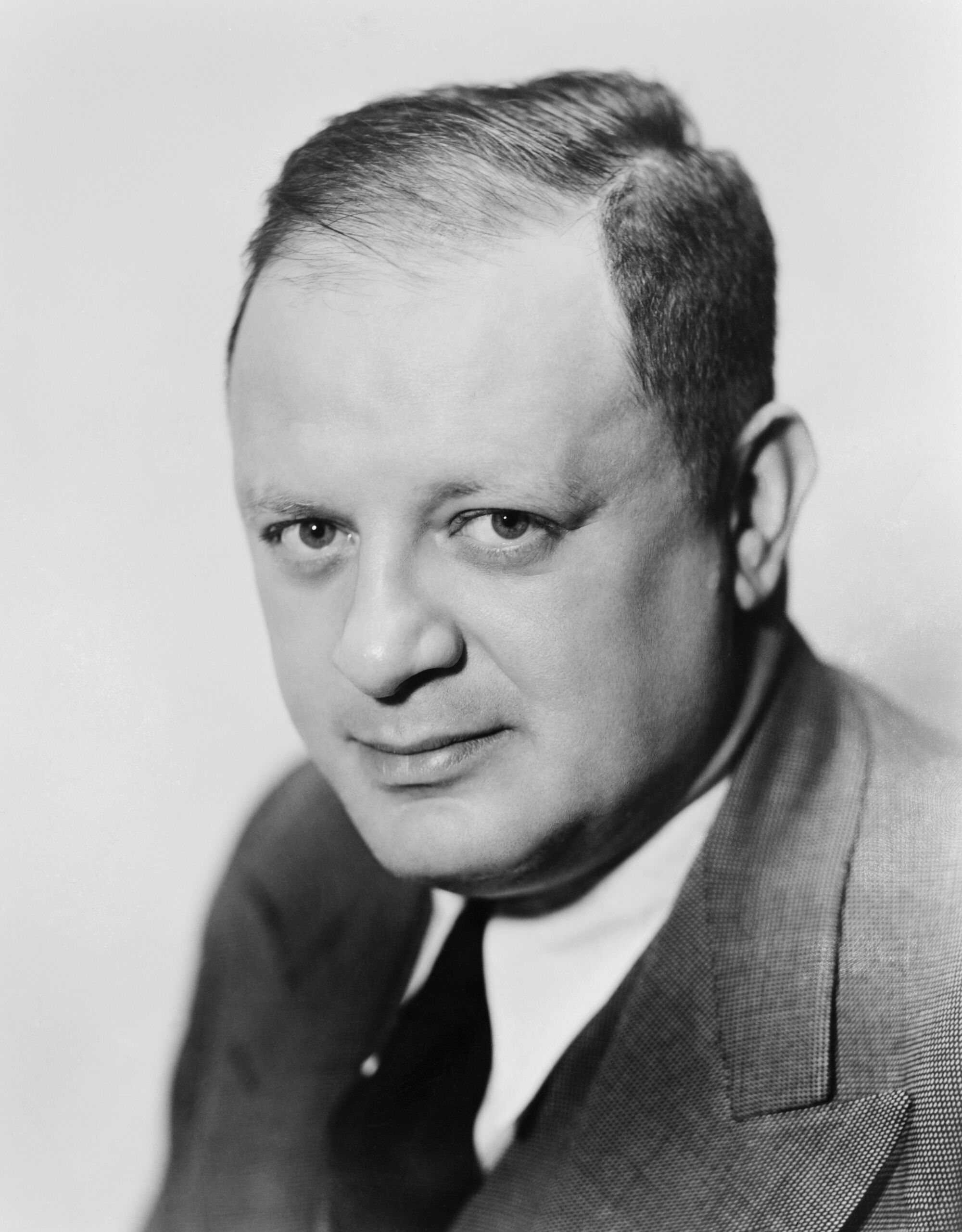
Screenwriter Herman Mankiewicz.
(Getty Photographs)
In 1925, Herman Mankiewicz — who went directly to co-write “Citizen Kane” in 1941 — famously despatched a telegram to his buddy Ben Hecht, a Chicago Day by day Information reporter, telling him the Brinks truck would almost again up at his entrance door in Hollywood: “Millions are to be grabbed out here and your only competition is idiots.”
Commenting at the lucre available, Parker mentioned, “It isn’t real money. It isn’t. I think it’s made of compressed snow. It just melts in your hands.”
Parker, the grasp of acid one-liners, got here to Hollywood within the mid-Nineteen Thirties together with her husband, Alan Campbell. The pair were given a pledge with Paramount and in combination made $1,250 a occasion, then bumped as much as $5,000 — an exorbitant sum throughout the Superior Melancholy.
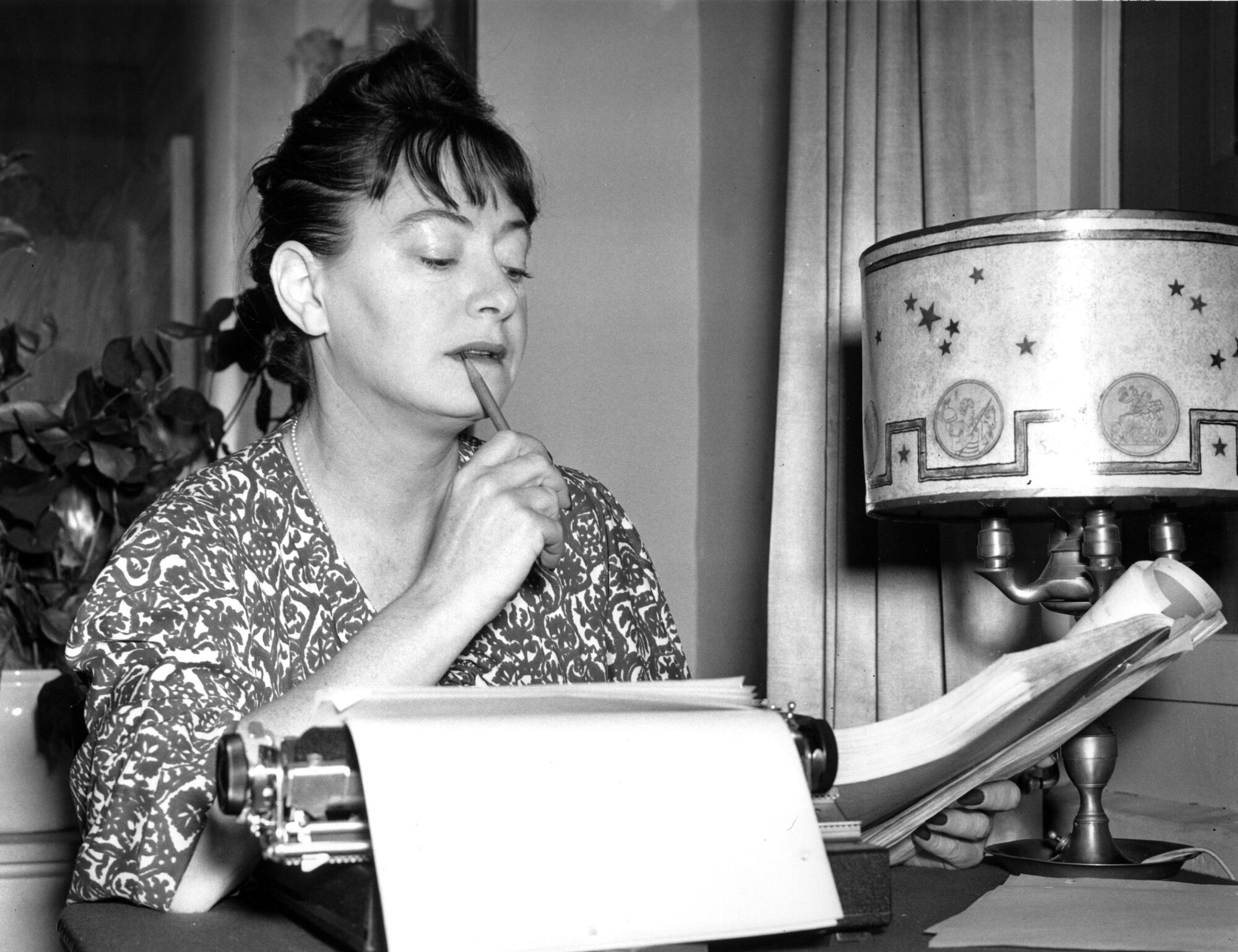
Dorothy Parker at her typewriter in 1941.
(Related Press)
Parker helped incrible “A Star Is Born” in 1937, and lots of suspect she had a hand in Frank Capra’s “It’s a Wonderful Life.” However she wrote scads of forgettable movies and concept minute of the artwork of the screenplay, as soon as announcing, “You don’t need any talent — the last thing you want is talent.”
Year those writers earned buckets of cash, they were given minute regard. In ratings of letters and alternative missives, they incessantly complained of being snubbed, rewritten and their dignity trampled through actors, manufacturers and administrators similar.
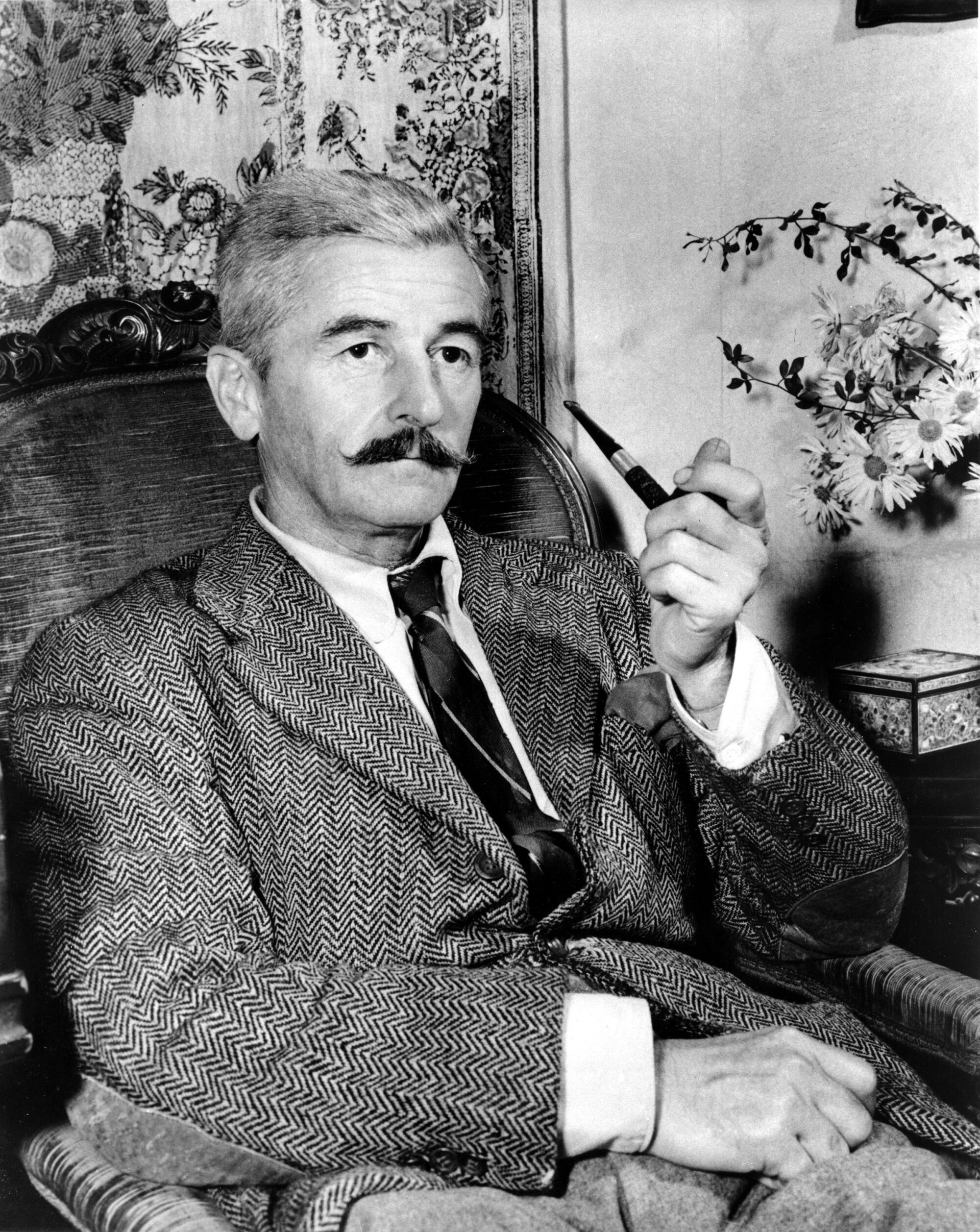
Nobel laureate William Faulkner at his house alike Oxford, Omit., in 1950.
(Related Press)
Between 1932 to 1954, Nobel laureate William Faulkner labored on some 50 movies, together with the difference of Ernest Hemingway’s “To Have and Have Not” and Chandler’s “The Big Sleep.” Via maximum accounts, then again, he hated the paintings, spent a lot of his month ingesting and had an affair with director Howard Hawks’ secretary and script manager Meta Chippie.
Summing up his stretch as a pledge screenwriter for MGM, twentieth Century Fox and others, Faulkner is reported to have mentioned, “The writer in America isn’t part of the culture of this country. He’s like a fine dog. People like him around, but he’s of no use.”
When F. Scott Fitzgerald was once requested to go back to Hollywood in 1935, nearest two previous failed stints, he wrote to his agent, Harold Ober, “I hate the place like poison with a sincere hatred.”
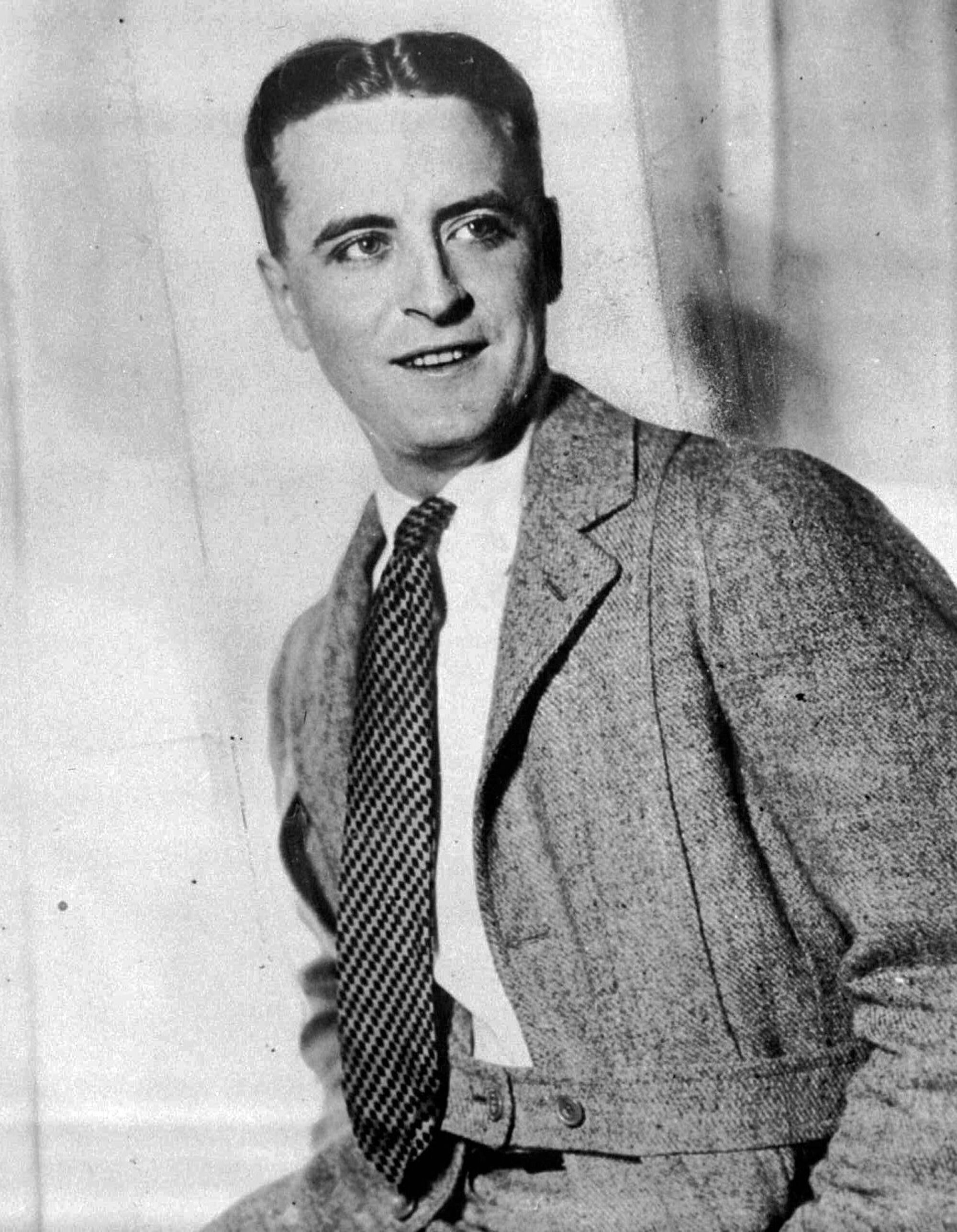
Scribbler F. Scott Fitzgerald within the Nineteen Twenties.
(Related Press)
Two years then, Fitzgerald arrived in sun-splashed Los Angeles with a $1,000-a-week pledge (then prolonged and greater to $1,250) with MGM. He lasted 18 months.
A few of the many indignities he suffered, Fitzgerald was once dropped from each “Gone With the Wind” and “The Women.” With regards to the ultimate, the studio discovered his discussion didn’t meet the usual for cattiness.
In 1937, Fitzgerald was once introduced in to to enter the script for “Three Comrades,” an adaptation of the widespread booklet through Erich Maria Remarque.
When he passed his draft to Joseph Mankiewicz, the manufacturer paired him up with cinema veteran Edward E. Paramore Jr. Nearest they labored at the script for 5 months, Mankiewicz went in and rewrote a lot of it.
Humiliated, Fitzgerald fired off a enraged letter, “To say I’m disillusioned is putting it mildly. For nineteen years, with two years out for sickness, I’ve written best-selling entertainment, and my dialogue is supposedly right up at the top.”
He nearest pleaded with Mankiewicz to “restore the dialogue to its former quality,” sooner than announcing, “Oh, Joe, can’t producers ever be wrong? I’m a good writer — honest.”
Quentin Tarantino was once much less charitable when Oliver Stone utterly rewrote his screenplay for the 1994 movie “Natural Born Killers.” Tarantino distanced himself from the mission, took just a “story by” credit score and publicly mentioned he’d by no means unmistakable the entire model of the movie. Stone would advance directly to blame Tarantino’s condemnations for why the movie was once in large part a important failure.
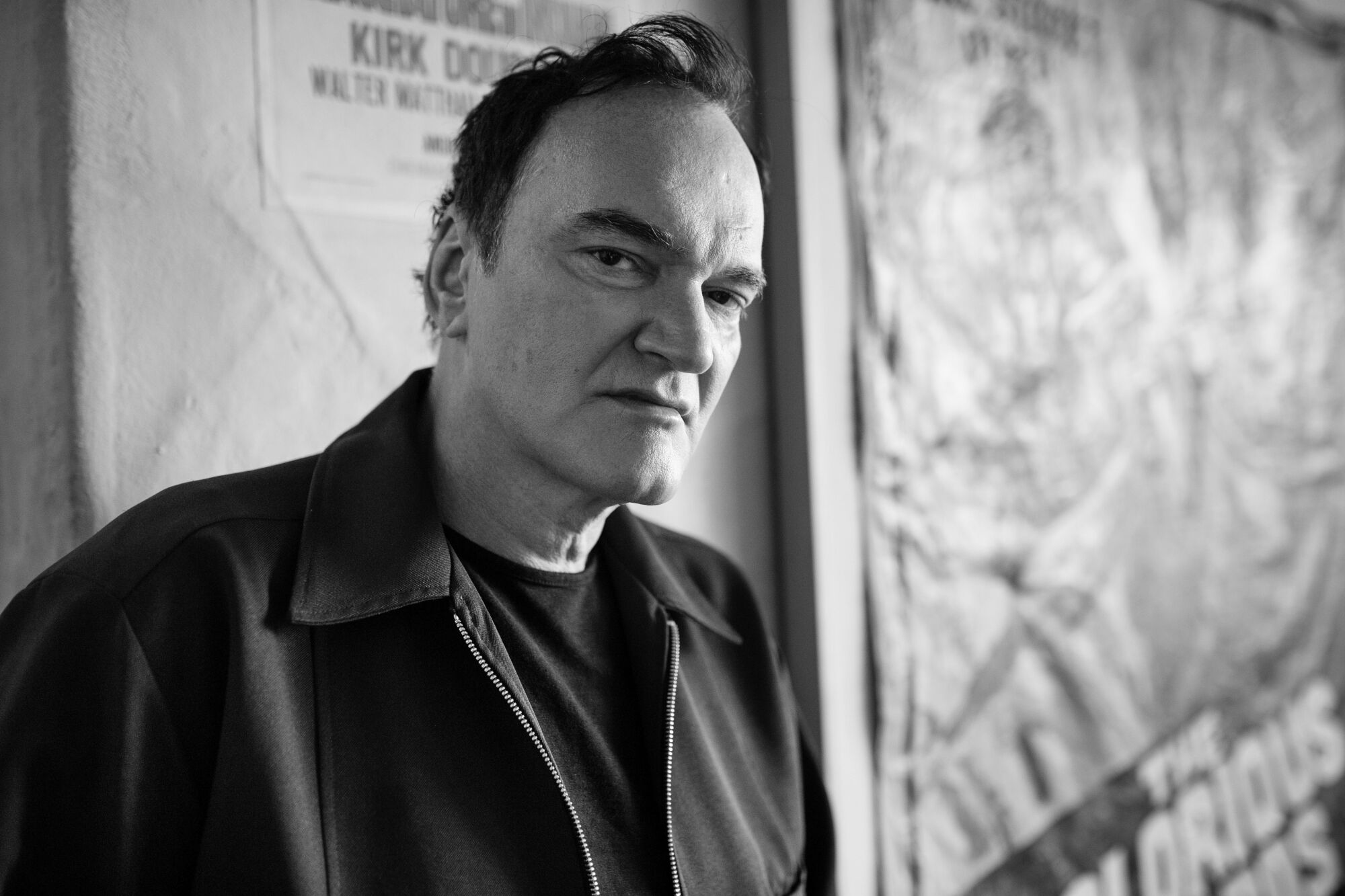
Scribbler and director Quentin Tarantino in October 2022 in Los Angeles.
(Mariah Tauger / Los Angeles Instances)
In a visible medium equivalent to movie or tv, the editor is ceaselessly seen as an undercover spoke in an overly heavy wheel. As even Fitzgerald said: “It was an art in which words were subordinate to images, where personality was worn down to the inevitable low gear of collaboration.’’
After all, while most regular consumers of film and TV know who directors Martin Scorsese, Steven Spielberg and perhaps even famed costume designer Edith Head are, how many can name a scriptwriter?
Emma Thompson is better known as an actress than a writer even though she won an Academy Award for screenwriting for her adaptation of “Sense and Sensibility.” She decried the tradition in Hollywood that devalues writers, telling the Mum or dad there’s a “merciless gag” wherein scriptwriters are “the lowest of the low.”
“Audiences don’t know somebody sits down and writes a picture; they think the actors make it up as they go along.”
— Persona of Joe Gillis in “Sunset Boulevard”
The plight of the Hollywood editor is now a part of the cultural material. Even in motion pictures about motion pictures, the lowly condition of writers is continuously a featured plot level.
Pull the 1950 Billy Wilder vintage, “Sunset Boulevard.” The movie opens with the useless frame of suffering screenwriter Joe Gillis floating facedown in a lake. The tale of Gillis, who has turn into ensnared within the myth global of forgotten movie famous person Norma Desmond, is informed in flashbacks. At one level he says in exasperation: “Audiences don’t know somebody sits down and writes a picture; they think the actors make it up as they go along.”
Within the Coen brothers’ 1991 lightless comedy “Barton Fink,” the name personality, every other screenwriter beset through a litany of struggles, yelps out, “I’m a writer, you monsters! I create! I create for a living! I’m a creator! I am a creator!”
Including insult to shock, for lots of the picture of the Hollywood editor is not just of anyone who does minute greater than casually toss in combination some sentences, however is paid extravagant sums to take action.
Definitely, the immense nine-figure do business in that Ryan Murphy and Shonda Rhimes minted with Netflix have completed a lot to toughen this conceit. As did the $60-million do business in that “Fleabag” author Phoebe Waller-Bridge struck with Amazon that, 3 years then, has but to yielding a unmarried unutilized display.
The truth, then again, is starkly and hugely other.
Again in 1945 when a film critic derisively asserted, “how dull a couple of run-of-the-mill $3,000-a-week writers can be.” Chandler took him to job, writing, “I hope this critic will not be startled to learn that 50 per cent of the screenwriters of Hollywood made less than $10,000 last year, and that he could count on his fingers the number that made a steady income anywhere near the figure he so contemptuously mentioned.”
Since 1952, Hollywood writers have long gone on hit 8 instances. Each and every month has been a clarion name for admire.
“I think Hollywood has a history of undervaluing writers,” mentioned Elizabeth Benjamin, a Writers Guild of The us member who has been out picketing. A a hit editor and manufacturer on displays equivalent to “Dead to Me” and “The Flight Attendant,” she added, “It’s the attitude that we simply provide a service like a carpenter. But we are the creators of the content that they use to make a fortune.”
And so the hunt for admire is one Hollywood tale positive to have many sequels. As Chandler wrote in 1945, “This struggle is still going on; in a sense it will always go on, in a sense it always should go on.”








